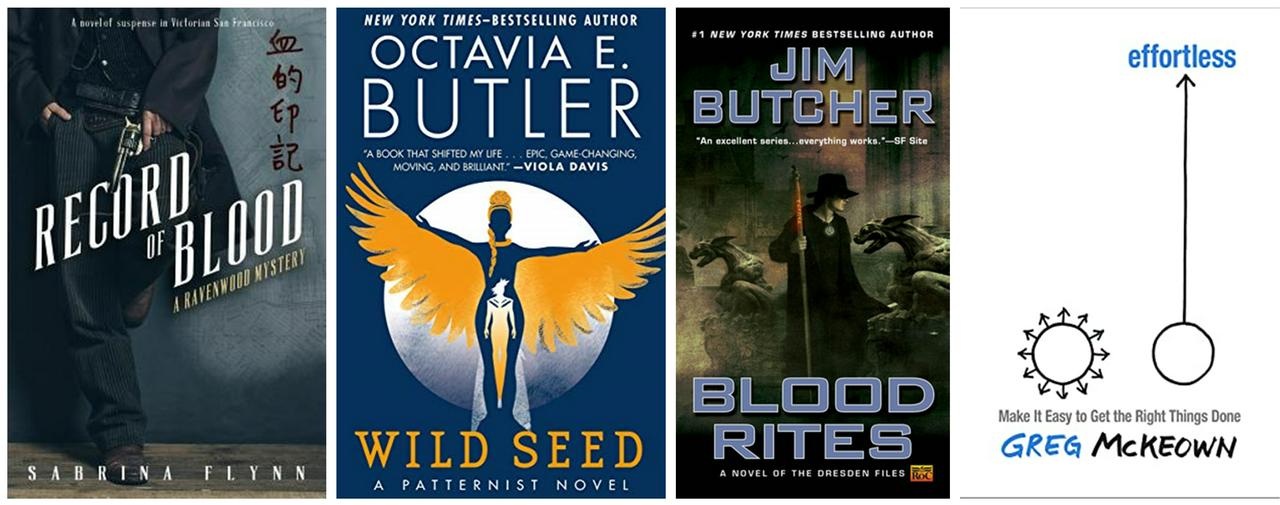On giving up on books
One thing I’m learning is that it is OKAY to stop reading a book. I can just abandon it and move on with no guilty feelings.
I did just that today. I usually try my best to finish a book even when I’m not enjoying it too much because I have hope it will get better eventually or I’ll learn something by the end of it. A book can have ups and downs and that’s okay.
I’m finding that if after reading 20-30% of the book and it is not grabbing me, it’s time to let go. I’ve always found it hard to give up on a book, after all, I’ve invested hours into it, and giving up seems weak.
Now I have more awareness of the signs showing me it’s time to let go:
- I’m not reaching for the book at every given opportunity. When I’m into a book, I’ll read it during lunch break, breakfast, before bed, while waiting in line, or during any downtime when I’m not working. If reading the book feels like a chore, then it’s best to let go.
- I can’t relate to the characters and their motivations. I like to have enjoyable characters, even if they are villains. This is subjective. Sometimes I don’t care about the main character because of “reasons”. It’s like a gut instinct, if they don’t click with me, I’m not engaged.
- I’m not enjoying the tone/theme. I’m getting more sensitive about some themes in fiction. Too much gore and violence can throw me off. Some trigger warnings for me: child abuse, gore, body horror, sexism, racism, and physical abuse.
- I give the book a chance (read at least 20-30%) and I feel it’s not the right time to read it. If after a few chapters I still do not feel like I’m in the right place emotionally or mentally to finish it, it’s time to stop reading it.
The book in question today is Black Sun by Rebecca Roanhorse. I read 20% of it, roughly 8 chapters in total. It is a pick for my local Book Club and I’ve heard great things about it. It is a fantasy set in an alt pre-Columbian American world with magic and old prophecies. The setting is dark from what I could gather and the very first chapter threw me off with a brutal scene involving a child. I couldn’t get past that. Later on, we are introduced to a great character, a strong female ship captain whom I loved! But the story is told from 4 different characters’ viewpoints, and I didn’t enjoy the other three POVs.
Anyway, it’s time to move on. Maybe I’ll pick it up later, but there are so many other books I want to read that I’ve decided to put Black Sun on the back burner. Deep inside I still feel bad about it, it’s one of those situations where “I wanted to have enjoyed it”. Well, I’m sorry, it didn’t work out this time.
In Bookwyrm there’s a shelf for “Stopped Reading” and I added a comment so that in the future I know why I stopped reading it.
Thoughts? Discuss... if you have a Write.as account or Reply by email
By Noisy Deadlines Minimalist in progress, nerdy, introvert, skeptic. I don't leave without my e-reader.










